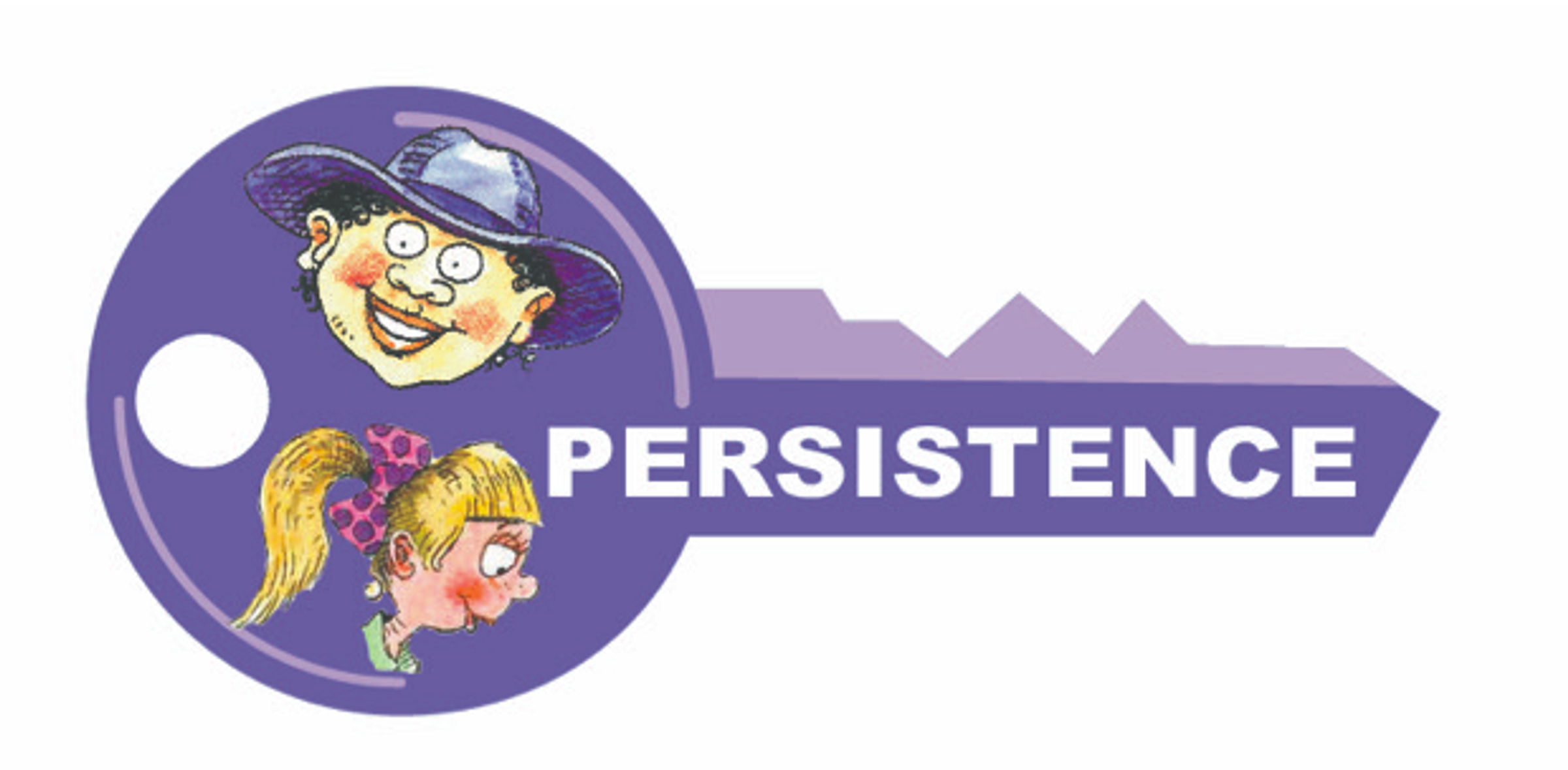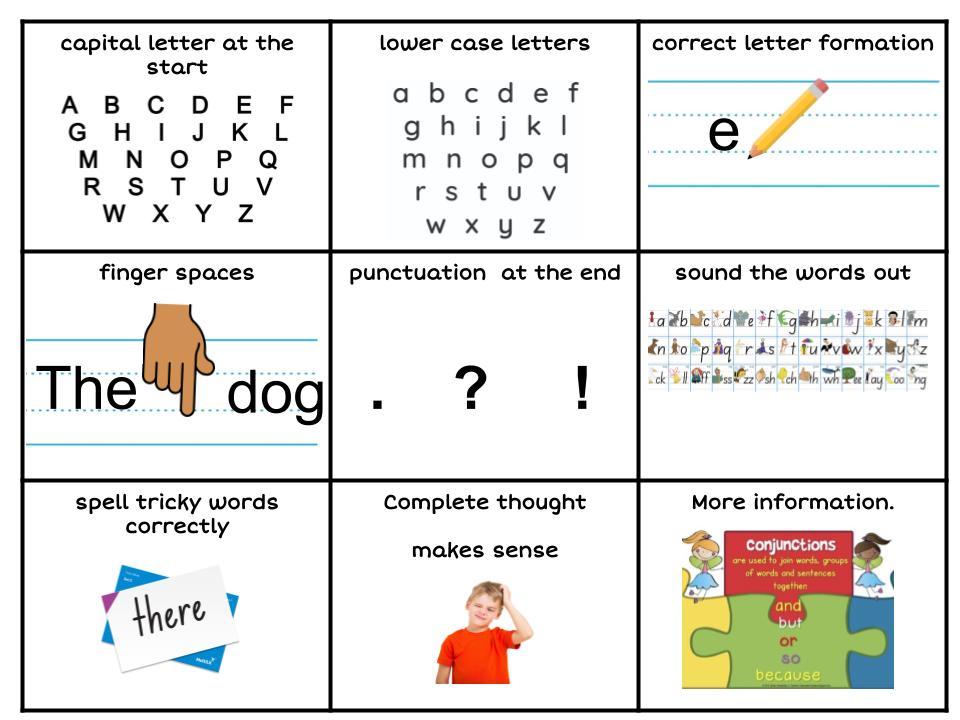English
We are authors and when I am writing I say "I can do it!"

English
We are authors and when I am writing I say "I can do it!"
By the end of the year, children will have an understanding of the following:
By the end of the year, children will be able to:
During writing this Semester, students will continue to build upon their understanding of speaking and writing in full sentences. The foundation to writing is oral language so first and foremost, students will be encouraged to verbalise their sentence before they begin to write.
Our oral language focus this sees students
Daily writing will assist students to construct sentences that


Students will work towards
Handwriting lessons will take place several times a week to ensure that letters are being formed with consistent sizing and correct orientation. Correct orientation ensures that the students hand position when writing a sound finishes at the place where the next letter is about to begin ensuring their writing can flow.
We continue to read many different text types and genres during shared stories, exposing students to structures of narratives through ‘read aloud,’ role play, story tables and story boards. Teachers ‘think aloud’ to students; modelling how good readers use expression when reading and discuss the comprehension strategies readers use to understand what they have read. Teachers question and provide time for discussion, encouraging students to ‘notice’ and ‘wonder’ to ensure they understand that reading is an active process. Non-Fiction texts are also modelled and linked in with HASS to ensure our reading programs are comprehensive and balanced and that children understand that ‘we read different text differently’. It is vital that students read for enjoyment and we love sharing stories, the wonderings, extending and getting lost in our imagining and the fun we can create during story and reading time.
Students are provided with many opportunities throughout the day to practice their oral language skills. From partner talk, small group and whole class discussions, to practising the correct pronunciation of sounds and words. Reception classes are constantly using their oral language skills to talk about and share their learning and understandings. We will continue to further develop student’s bank of vocabulary through word investigations, word walls and our inquiries.